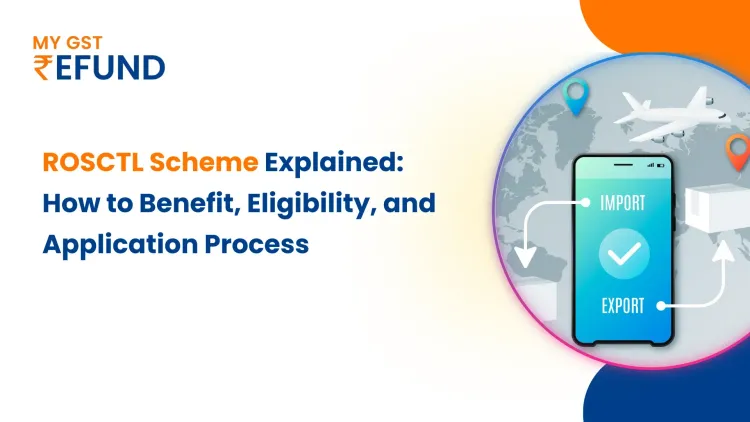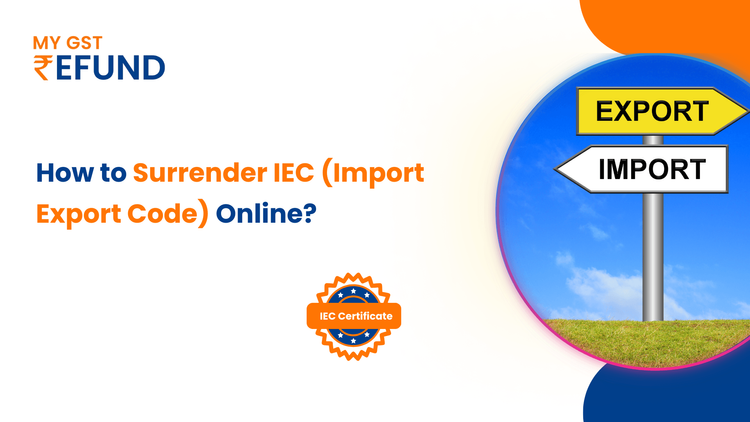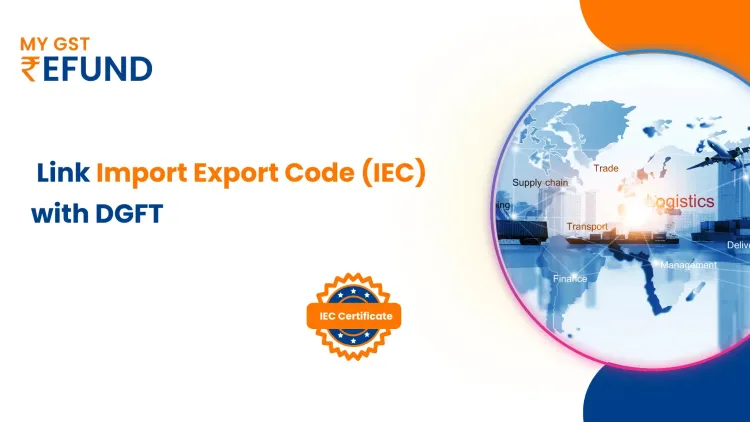Impacts Of GST On Pharmaceutical Industry
Published on: Tue Nov 21 2023
The pharmaceutical industry, often regarded as the backbone of healthcare, plays a crucial role in the well-being of nations. In India, the pharmaceutical sector has faced numerous challenges, and the introduction of the Goods and Services Tax (GST) has added to the industry's woes. While the GST was intended to simplify the tax structure and promote a unified market, its impact on the pharmaceutical sector has been far from positive.
Tax Structure
The GST introduced a single tax system to replace a complex and multi-layered tax structure. However, the pharmaceutical industry, being highly diverse, has seen complications arising from the classification of drugs and medicines under different tax slabs. The lack of a clear distinction between essential medicines and non-essential medicines has resulted in a burden on the end consumer.
Impact on Drug Prices and Affordability
One of the primary concerns arising from the GST implementation in the pharmaceutical sector is the impact on drug prices and affordability. The industry, which is driven by a delicate balance between cost and accessibility, has witnessed fluctuations in drug prices, making essential medicines less affordable for a significant portion of the population. This contradicts the overarching goal of ensuring healthcare access for all.
Input Tax Credit (ITC) Limitations
While the GST system allows for Input Tax Credit (ITC), which is intended to reduce the tax burden on businesses, the pharmaceutical industry faces limitations in claiming ITC. This has led to increased operational costs for manufacturers, distributors, and retailers, ultimately affecting the overall cost structure of pharmaceutical products.
R&D Investments and Innovation
The pharmaceutical sector heavily relies on research and development (R&D) to introduce new and improved medicines. However, the GST's impact on cash flows and the increased financial burden on companies have hindered their ability to invest significantly in R&D. This, in turn, affects the industry's capacity to innovate and bring about breakthroughs in healthcare.
Sector-Specific Reforms
To address the challenges posed by the GST in the pharmaceutical sector, there is a pressing need for sector-specific reforms. Clear and comprehensive guidelines for the classification of drugs, along with considerations for essential medicines, can help create a more conducive environment for the industry. The government should also explore avenues to incentivize R&D investments and ensure that businesses can claim the full benefits of the ITC.
Export Challenges
The pharmaceutical industry in India has a strong global presence, with a significant share of generic drug exports. However, the GST's complexities have resulted in challenges for exporters. Delays in obtaining refunds and compliance issues have led to increased transaction costs, making Indian pharmaceutical products less competitive in the global market.
At last we can say that the pharmaceutical industry in India is far from feeling healthy, and the GST has exacerbated the existing challenges. The need for a careful reassessment of the tax structure, addressing ITC limitations, encouraging R&D investments, implementing sector-specific reforms, and resolving export challenges is paramount. Only through such targeted measures can the pharmaceutical sector regain its vitality and continue to contribute significantly to the well-being of the nation.
Related Posts





